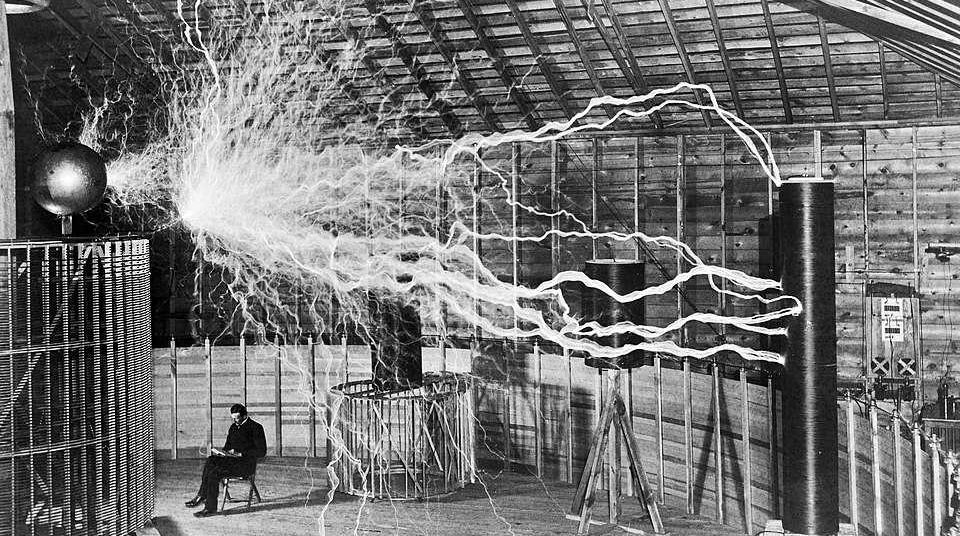Who decided a generation lasts 15 years and why are we so obsessed with them?
"There are four generations that recur during each historical period."

Phones through different generations.
People often like to categorize themselves into teams. Astrology might say, "You're SUCH a Scorpio, and that makes my Virgo rising sign crazy." Or people rely on the Myers-Briggs personality tests wherein people lump themselves into one of 16 personality types, based loosely on Jungian psychological archetypes. But one of the most popular ways humans differentiate themselves is by generation.
It's difficult to completely generalize a group of people, roughly born in the same 15 year time period. Yet, the external zeitgeist that those people were born into does often yield similarities in their overall vibe. But who came up with the idea and why is it contained (roughly) to 15 years?
Many historians and philosophers in centuries past used the term to describe familial units, (like fathers and sons.) Historian Robert Wohl wrote in his book Generation of 1914 that in 1863, "French lexicographer Emile Littré defined a generation as 'all men living more or less in the same time.' In the second half of the nineteenth century, the term was employed increasingly to connote coevals, and especially to evoke the dichotomy between the older generation and "youth.'"
An older person discusses younger generations. www.youtube.com, ABC Education
An article written just after Gen Z gave up their proverbial generational crown goes even deeper into why the concept of modern generations even came about in the first place. Senior editor Sarah Laskow writes for The Atlantic, "The roots of this idea came from the work of French and German philosophers who were, the sociologist Karl Mannheim wrote in 1927, 'anxious to find a general law to express the rhythm of historical development, based on the biological law of the limited life-times of man.'"
The rhythm of historical development. That—and/or marketing. Australian data scientists at McCrindle Research note, "Today, the sociological definition of a generation spanning 15 years is widely recognised. This allows for an organised way of defining each generation, rather than waiting for an event or unexpected situation to end a generation or start a new one. It defines exactly when a generation starts and ends. It enables planning for the future and comparing across the generations more accurately."
Also, it can just be fun to think about. On the Gen Z subreddit, someone poses this very question: "Why is everyone so obsessed with concept of 'generations?'" There are over 300 comments with thoughts and theories.
This Redditor writes, "Humans naturally like to form cliques to feel special or like they’re fitting in or whatever (even though everyone would easily fit in if nobody formed cliques); at the end of the day, we’re just slightly more intelligent apes."
Another seconds this notion: "Because we’re human, and humans love categorising things. We do it with everything. Race, sexual orientation, sex, gender, personality type, everything. I suspect it’s likely due to the more tribalistic aspects we still have to this day."
One person theorizes, "I'm Gen X, been reading the fourth turning is here which describes historical cycles which are made up of generational cycles. There are 4 generations that recur during each historical period. Turns out GenX and GenZ have opposite values, much like Boomers & millennials. It seems like we all move back and forth between individualism & collective, private & public, trust & distrust of institutions, etc. It's a really fascinating framework"

This commenter gave our obsessive need to categorize a positive spin: " Because as you get older you have nostalgia for the memories that were specific to you and people in your age group. And you’ll notice some shared cultural things between different age groups. It’s not as black and white as the broad categories but it’s a short hand to talk about shared experiences and also differences you have with others."



 A UPS truck with package deliveries.Image via Wikipedia
A UPS truck with package deliveries.Image via Wikipedia
 A man at a grocery store in the produce aisle.
A man at a grocery store in the produce aisle. A close-up of hands prepping baking ingredients.
A close-up of hands prepping baking ingredients.  A warehouse full of stacked boxes.
A warehouse full of stacked boxes.  A yellow shirt with a stain, lemon, and baking powder
A yellow shirt with a stain, lemon, and baking powder

 Nikola Tesla with his equipment. via
Nikola Tesla with his equipment. via 